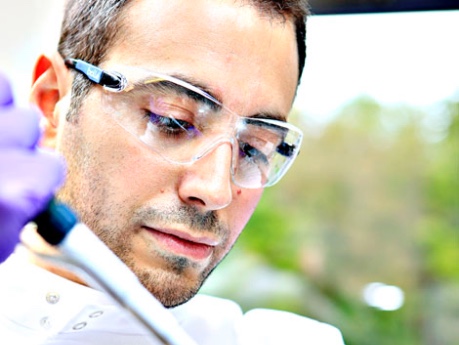Tuesday 4th July 2017, 3:00pm
The UK’s premier industrial biotechnology company Ingenza is working with the National Physical Laboratory and the University of Plymouth to develop a design and manufacturing platform for the production of a new family of antibiotics. The consortium has secured £933k in funding from Innovate UK for work on a novel class of drugs based on bacteriocins – potent toxins produced by bacteria to kill closely-related strains.

This unique partnership will combine expertise in biotechnology and synthetic biology with an in-depth understanding of bacteriocins, using an artificial intelligence computing approach to aid the design of the new antimicrobials.
Starting from a ‘model’ bacteriocin discovered by the University of Plymouth, the team aims to create multiple derivatives which show drug-like properties without compromising the original molecule’s ability to kill bacteria.
By generating a number of viable antibiotics from a single source – similar to the original development of penicillin derivatives – the group hopes to enhance the range of action, stability and potency of the candidates, providing a supply of future drugs to combat the growing problem of antimicrobial resistance.
Ingenza will implement an efficient and adaptable synthetic biology-based bacteriocin manufacturing protocol, developed using the model target, to prepare each derivative with competitive process economics for clinical evaluation and commercialisation.
“We are delighted to have secured funding from Innovate UK for this exciting collaborative project and look forward to working closely with National Physical Laboratory and the University of Plymouth over the next three years in a bid to combat the enormous problem of antibiotic resistance.”
Ian Fotheringham, Managing Director of IngenzaSource: Ingenza Ltd